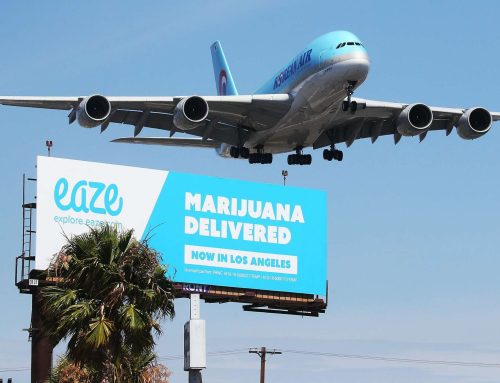Eastern Band of Cherokee Indians Approve Recreational Cannabis Sales
LOS ANGELES- Recreational cannabis may soon become a reality in North Carolina following a decision by the Eastern Band of Cherokee Indians (EBCI). This move could significantly transform the state’s cannabis landscape. While North Carolina continues to prohibit cannabis, the sovereign Qualla Boundary is charting its own path.
In a recent vote, the EBCI Tribal Council approved the sale of recreational cannabis, setting the stage for the first recreational cannabis dispensary on North Carolina soil. This follows their successful foray into medical cannabis earlier this year, marking a significant shift in policy and economic opportunity for the tribe.
On April 20, The Great Smoky Cannabis Co., owned by Qualla Enterprises LLC, opened for medical cannabis sales. This event marked the first legal sale of medical cannabis within North Carolina. Customers from across the state, with medical cannabis cards, flocked to the dispensary, highlighting the demand for legal cannabis products.
During a session on June 6, the EBCI Tribal Council voted to amend the Tribal Code to allow recreational cannabis sales. The decision passed with an 8-2 vote. If approved and signed by the Principal Chief’s office, the revised ordinance could open North Carolina’s first recreational cannabis dispensary by the end of the summer.
Economic Implications
The introduction of recreational cannabis sales is expected to drive substantial economic revenue for the EBCI. As cannabis remains illegal in North Carolina, the EBCI’s decision positions the Qualla Boundary as a unique destination for cannabis enthusiasts and medical patients alike. This move has the potential to attract significant tourism and related economic activities, providing a new revenue stream for the tribe.
Legislative Landscape
The Qualla Boundary, home to the Eastern Band of Cherokee Indians, operates as a sovereign nation with its own government, laws, and institutions. The EBCI’s sovereignty allows it to make independent decisions, including the legalization and regulation of cannabis. It is important to note that cannabis use and possession are legal only within the Qualla Boundary. Outside this territory, individuals remain subject to North Carolina laws, where both recreational and medical cannabis are currently prohibited. Crossing into state jurisdiction with cannabis could result in legal consequences.
The Tribal Council’s resolution to allow recreational cannabis sales includes several regulatory measures:
- Decriminalization: The resolution decriminalizes cannabis within the Qualla Boundary for adults aged 21 and over.
- Trafficking Definition: The new law updates the amount of cannabis considered trafficking to any amount over one pound.
- Age Restrictions: It remains illegal for anyone under 21 to possess cannabis or for it to be sold, given, or transferred to minors.
Forrest Parker, General Manager of Qualla Enterprises, outlined the timeline for the rollout of recreational cannabis. The goal is to make products available to enrolled tribal members within 30-45 days, with sales to the general public commencing within 60-75 days, aligning with the rollout of recreational sales around August.
Accessing Medical Cannabis
While the launch of recreational cannabis sales is eagerly anticipated, individuals can currently obtain cannabis through the medical cannabis program. The Great Smoky Cannabis Co. dispensary is already operational, providing access to medical cannabis for those with qualifying conditions.
The EBCI’s legalization of recreational cannabis marks a historic turning point for the Qualla Boundary and North Carolina. This decision demonstrates the EBCI’s commitment to self-governance, economic progress, and innovation. By establishing the state’s first legal pathway for cannabis sales, the EBCI stands as a beacon of progressive change. This move has the potential to influence broader legislative shifts beyond its territory, contributing to discussions and actions regarding cannabis reform throughout North Carolina.



































